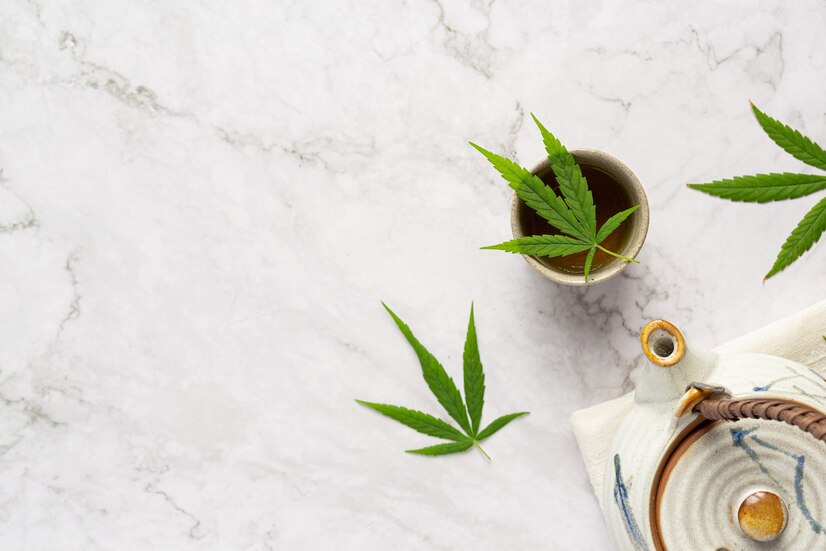Table of contents
Understanding the values behind the wellness trend
As CBD continues to gain popularity in wellness, skincare, pet care, and holistic health circles, it’s important to pause and reflect on the ethical implications of its widespread use. While much attention is placed on benefits and legality, the Considerations of Using CBD go beyond personal health and into areas like environmental impact, sourcing, transparency, and social responsibility.
Let’s explore these essential ethical angles and why they matter for conscientious consumers.
🌿 Sustainable Farming and Hemp Cultivation

The journey of CBD starts with the hemp plant. Ethical usage begins with how that hemp is grown. Sustainable and organic farming practices reduce pesticide use, protect soil quality, and ensure a minimal carbon footprint.
When considering CBD products, ask:
- Is the hemp grown organically?
- Is the company transparent about its farming methods?
- Do they support regenerative agriculture?
Choosing products made from responsibly farmed hemp contributes to a more sustainable industry.
🔍 Transparency and Third-Party Testing

One of the most critical Considerations of Using CBD is product transparency. Many unethical brands skip testing or mislabel the potency and ingredients. Reputable companies provide:
- Certificates of Analysis (COAs)
- Third-party lab testing for purity and safety
- Clear ingredient sourcing and manufacturing processes
Consumers should have access to full disclosure about what they’re using on or in their bodies.
💼 Ethical Business Practices
Beyond the product, the company’s business ethics are worth examining:
- Are workers in the supply chain treated fairly?
- Are local communities supported?
- Does the brand give back through charitable efforts or community programs?
Ethical CBD companies often go beyond profit by promoting social equity and supporting small farmers and underrepresented entrepreneurs.
🧪 Animal Testing and Cruelty-Free Standards
As CBD is increasingly used in beauty and wellness products, it’s vital to check whether a product is cruelty-free. Ethical brands:
- Do not test on animals
- Use cruelty-free ingredients
- Certify their products through organizations like Leaping Bunny or PETA
This is especially important when CBD is marketed for pets; testing must be done humanely and responsibly.
⚖️ Legal, Cultural, and Social Equity
The final and perhaps most complex Consideration of Using CBD involves its social context. The cannabis industry has disproportionately affected marginalized communities due to decades of prohibition and criminalization. Today, many advocate for:
- Expungement of cannabis-related offenses
- Inclusivity in the CBD industry
- Reinvestment into communities harmed by the War on Drugs
Supporting brands that advocate for equity can help shift the industry toward fairness and justice.
🧠 5 Frequently Asked Questions
Look for transparency in sourcing, third-party lab results, organic certifications, and any social initiatives listed on their website.
If not grown sustainably, large-scale hemp farming can contribute to deforestation and pesticide use. Opt for organically grown, eco-conscious brands.
Regulations vary widely by country and state. However, ethical brands will often go beyond the legal minimum to uphold voluntary standards.
Using CBD illegally can raise ethical questions, especially if laws are rooted in unjust systems. Advocating for change through legal channels is one option.
Many communities most harmed by cannabis criminalization are left out of the legal CBD boom. Ethical considerations include supporting inclusive companies and policies.





